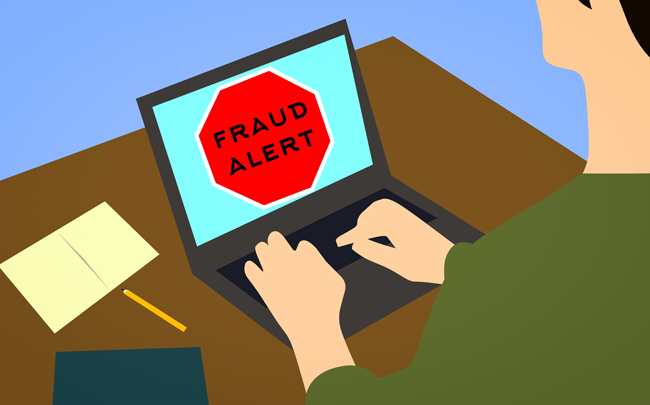Unfortunately, there are numerous scams out there to part unsuspecting aspiring book authors from their money. Avoid becoming a victim by paying attention to these tips.
- Random Praise. If a publisher or purported literary agent contacts you out of the blue to praise your writing, chances are it’s a scam. This is in no way a reflection on your writing. It’s just that publishers and agents aren’t in the habit of contacting writers cold. They get far too many submissions to bother.
- Actively Seeking. If a publisher or agent is on a Facebook page or other place online asking for submissions, they probably aren’t legit. There are, however, a couple of industry sites where agents or publishers will list the kinds of books they’d like to see. But they don’t usually troll groups or social media pages. I sometimes see writers on writer Facebook pages asking for agents, but you simply aren’t going to find legitimate professionals in places like that.
- False Ghostwriters. There’s nothing wrong with hiring a ghostwriter, but sadly, there are a number of fake websites out there. Some of them even include bios of my colleagues even though those colleagues have nothing to do with the company. So they pretend that you’re hiring an experienced professional, but you aren’t. Often, they don’t deliver anything after they’ve walked off with your money, or if they do, it’s subpar. They also usually list books on their site that their writers have supposedly written, but these are bogus as well. They may be real books, but the company had nothing to do with them.
- Bogus Publishers. Some self-publishing companies pretend to be traditional publishers. There’s an easy way to tell, however. Traditional publishers (those that pay you to publish your book rather than the other way around) will only talk about their books on their website. They don’t generally brag about their company and what they can do for authors. They certainly don’t talk about “packages.” Their submission page will list how to send your manuscript or proposal, or they’ll say that they only take submissions from agents. A self-publisher, on the other hand, will likely brag about what they can do for you and will practically beg you to submit. Why? Because they want your money. I have no problem with self-publishing companies, but I don’t like it when they pretend to be a traditional publisher with more clout than they actually have. This is especially true of those that pretend they only choose the best books they see when they actually publish anything and everything as long as the author is willing to pay them.
- Phony Literary Agents. A legitimate agent won’t ask you for money up front. That isn’t how the industry works. Real agents work on a contingency basis, which is why they’re so picky. They only make money if they manage to sell your book or book idea to a publisher. If they don’t, they make nothing. If they do sell your book, they take about 15 percent of what the publisher pays you for it.
- Book Fairs. It isn’t usually worth it to pay for placement at book fair booths or even booths at the Book Expo. A client of mine did this once at the Book Expo in New York City. Her book was on a shelf among so many other books that it wasn’t at all worth what she spent.
- Check Out Companies and Individuals. Whenever you see a company or individual offering a service you’re interested in, check them out carefully. Do they have an online footprint that you can see? Are there reviews online? If in the U.S., is there a report on the Better Business Bureau website? Are there clients you can contact to verify the service provider did the work they claim? If it’s an individual ghostwriter or editor, you might find their name on the Acknowledgments page of the books they worked on. (That’s true for most of the books I’ve ghostwritten or edited.)
- Writer Beware List. Check the Writer Beware list, which will include companies that are known scammers.
Have you been scammed by a company or individual?

